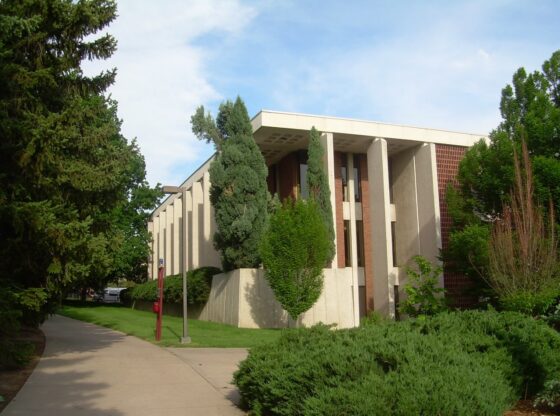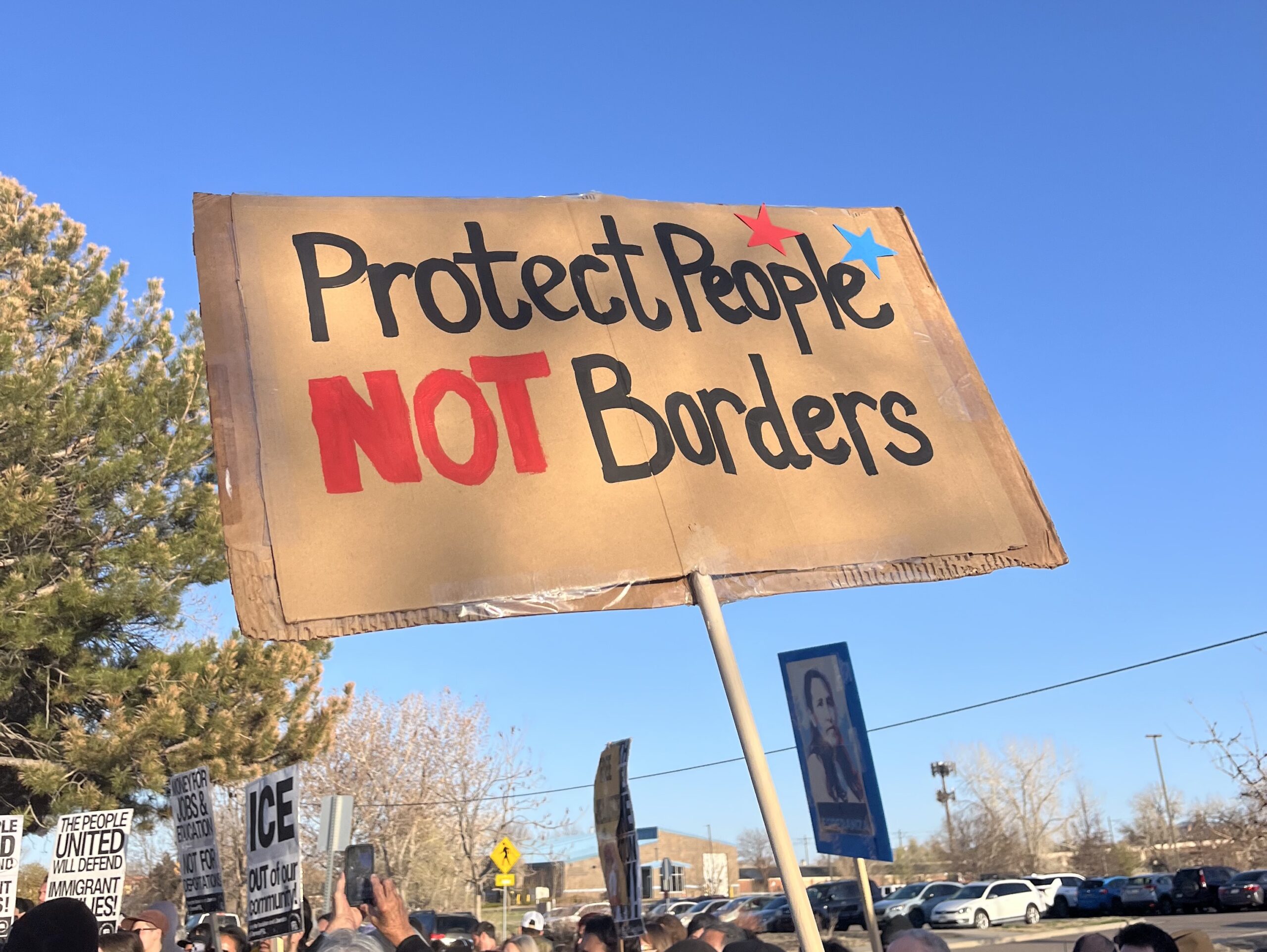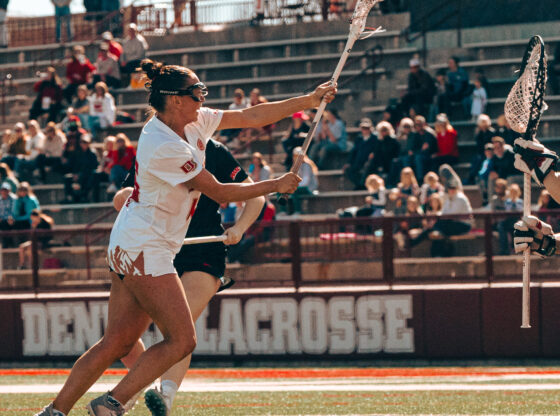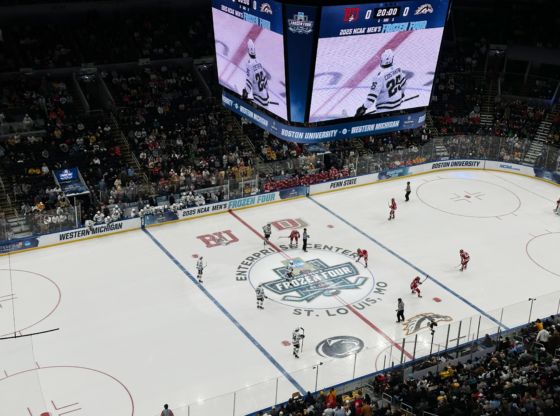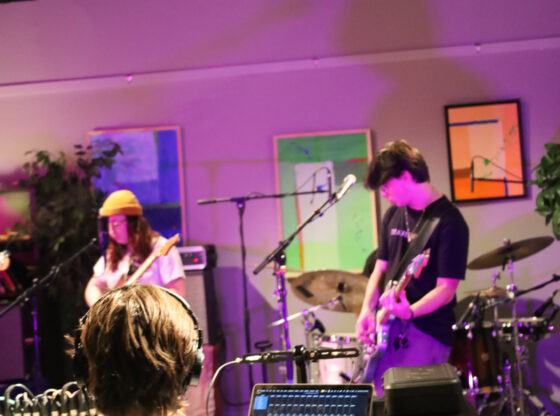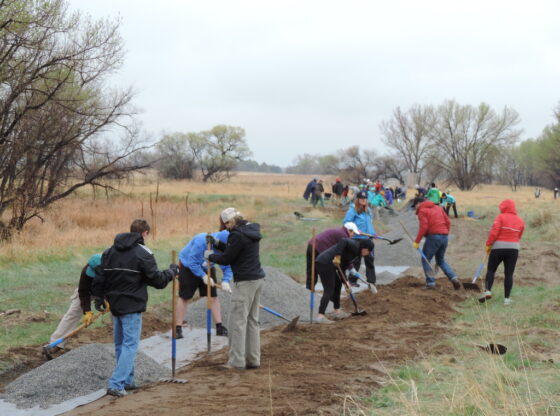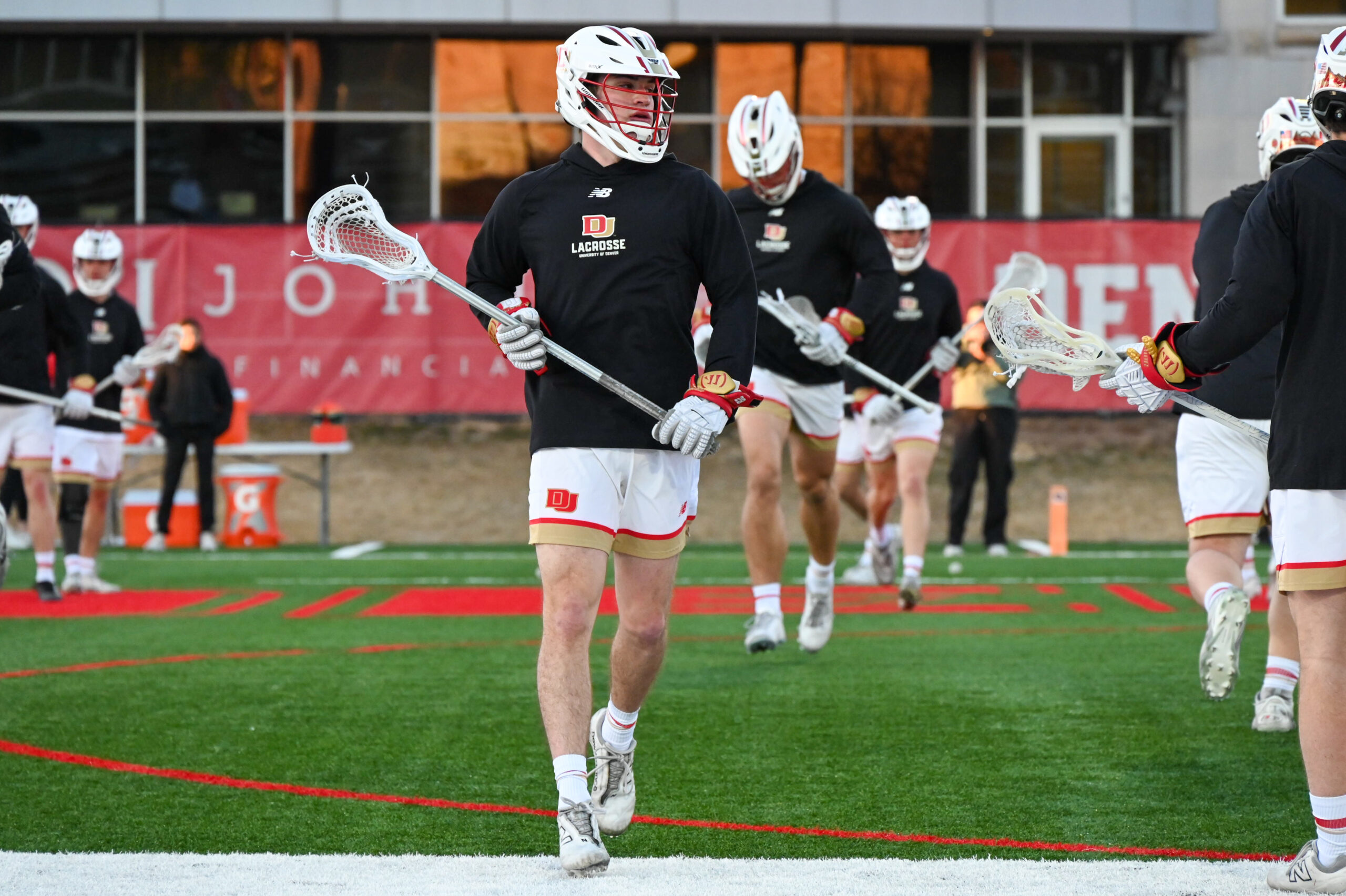ABU DIS, West Bank–Maysa Samarah, 21, the daughter of a Palestinian nut vendor, spends three hours every weekend crossing the five Israeli military checkpoints between her university and her West Bank home town just nine miles away.
So when Samarah watches the daily images of American soldiers frisking Iraqis at roadblocks, or tanks clanking through city streets, or children bloodied by shrapnel from missile strikes, she doesn’t see a foreign war.
She sees her own war.
A pair of F-16 fighter jets sliced through a cerulean sky. They were not on TV. The Israeli planes roared above Al-Quds University, which sprawls on a high plateau just a few hundred yards inside the West Bank from the Green Line, the border of pre-1967 Israel.
“We are suffering exactly like the Iraqi people are suffering,” she said, waiting for the screams of the jets to subside. “We identify with them.”
For Samarah and many Palestinians, the war in Iraq has become inextricably intertwined with their own war. There are perhaps no people in the world, she believes, who empathize more with the Iraqis or fear the outcome of this war more than her people.
Nearly 2,000 Palestinians have died in the uprising of the past 2 1/2 years. Many of them, she points out, were civilians killed by jumpy Israeli soldiers at checkpoints or by Israeli missiles fired from tanks or AH-64 Apache helicopters into crowded urban neighborhoods.
During the same period, slightly more than 725 Israelis have been killed, many by Palestinian suicide bombers at military checkpoints, commuter buses or crowded cafes and restaurants.
It is against this backdrop that knots of students gathered this week in front of three televisions, all tuned to the Arab satellite channel al-Jazeera, in the campus student union.
In one report, the camera focused on the face of an Iraqi man hospitalized after a U.S. attack. His eyes were swathed in white gauze. The lower half of his face was covered in hundreds of crude stitches so thick the skin was barely visible. The effect was more Frankenstein than human. The camera jockeyed for a closer look. A nurse poked a tube through a hole in his neck. It was a scene unlikely to be broadcast on U.S. television networks.
Rafat Haladi, 20, who studies computer engineering, has little tolerance for Western squeamishness. He, like many of those clustered around the television sets, disdained what he considers the antiseptic version of the war offered by the Western networks he occasionally watches: CNN, BBC and Fox.
“We know these are painful images,” he said. “No one likes to see blood. But the whole world must see the reality of war. If they don’t see what’s going on and just hear numbers, they cannot form an opinion of the war.”
“Unfortunately, we’ve gotten used to scenes of blood and people killed, on real life and on TV,” offered Rasha Thalji, 19, a computer programming student. “We are getting killed.”
“This happens in our towns on a daily basis, but it’s not that we get used to it,” contradicted Samarah, an English major, dressed in a traditional navy blue head scarf and stylish bell-bottom jeans. “It broke our hearts to see the (U.S.) tank kill the car of civilians at the roadblock.”
But Samarah doesn’t cheer when U.S. or British soldiers are killed, she said. “We know they have families. We know how it feels to lose a dear one.”
At the end of each newscast, al-Jazeera plays a montage of video war scenes, much like its Western counterparts–with some major differences. The faces of the Americans who were taken prisoner in the war’s opening days flash across the screen. The next frame is a close-up of Iraqi prisoners. The camera pulls back to show the Iraqis sitting on the sand inside a corral of concertina wire.
The students say U.S. officials are being duplicitous in complaining that airing footage of the American prisoners is a violation of international conventions.
“They show footage of Iraqi war prisoners,” said physical therapy student Jumana Abu Sneineh, 19. “Do Iraqis look better than Americans?”
The roadblock pictures are a recurring theme: men with arms raised; women scurrying past, eyes downcast, grasping the hands of frightened children. There’s not a student watching who doesn’t register recognition. Some of the campuses of their university have been shut because curfews, roadblocks and checkpoints prevent students from reaching them. At the Abu Dis campus, on the southeastern edge of Jerusalem, students whose homes are only a few miles away must live in campus dormitories because the trip home has become too arduous.
Outside the student union, at a table beneath pine trees overlooking a picturesque Arab town on the next hillside, the discussion turned to Saddam Hussein. His image appears frequently on al-Jazeera.
“People used to hate Saddam because they know he’s a cruel leader,” said Niveen Abu Khalaf, 18, who is studying physical therapy. “Now they’ve started liking him after the U.S. attack because he showed us he would stand up against the U.S.”
Standing up to the United States is a virtue among most of these students, who equate the leaders of the United States with those of Israel. All believe the United States does the bidding of their enemy. And all saw no benefit for Palestinians if the United States ousts Saddam.
“Not only will they kick (Palestinian leader Yasser) Arafat out, they’ll redraw the whole map of the region and get rid of all the Arab leaders that disagree with them,” said Haim Saffal, 22, a political science student. “They’ve already started bullying Syria.”
“In the end, Iraq is going to be occupied and forgotten,” said Abu Sneineh, the physical therapy student. “Just like the Palestinians.”



